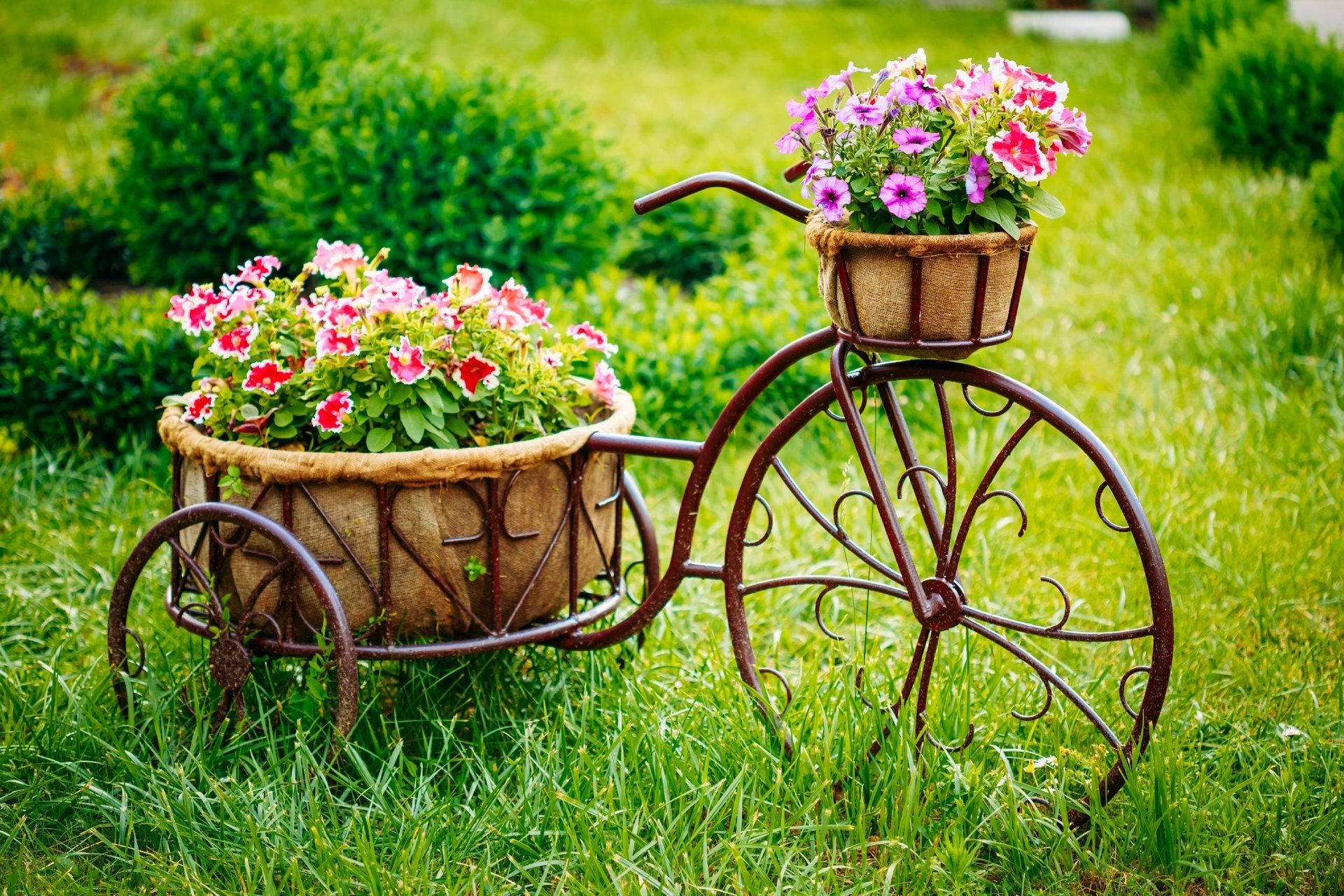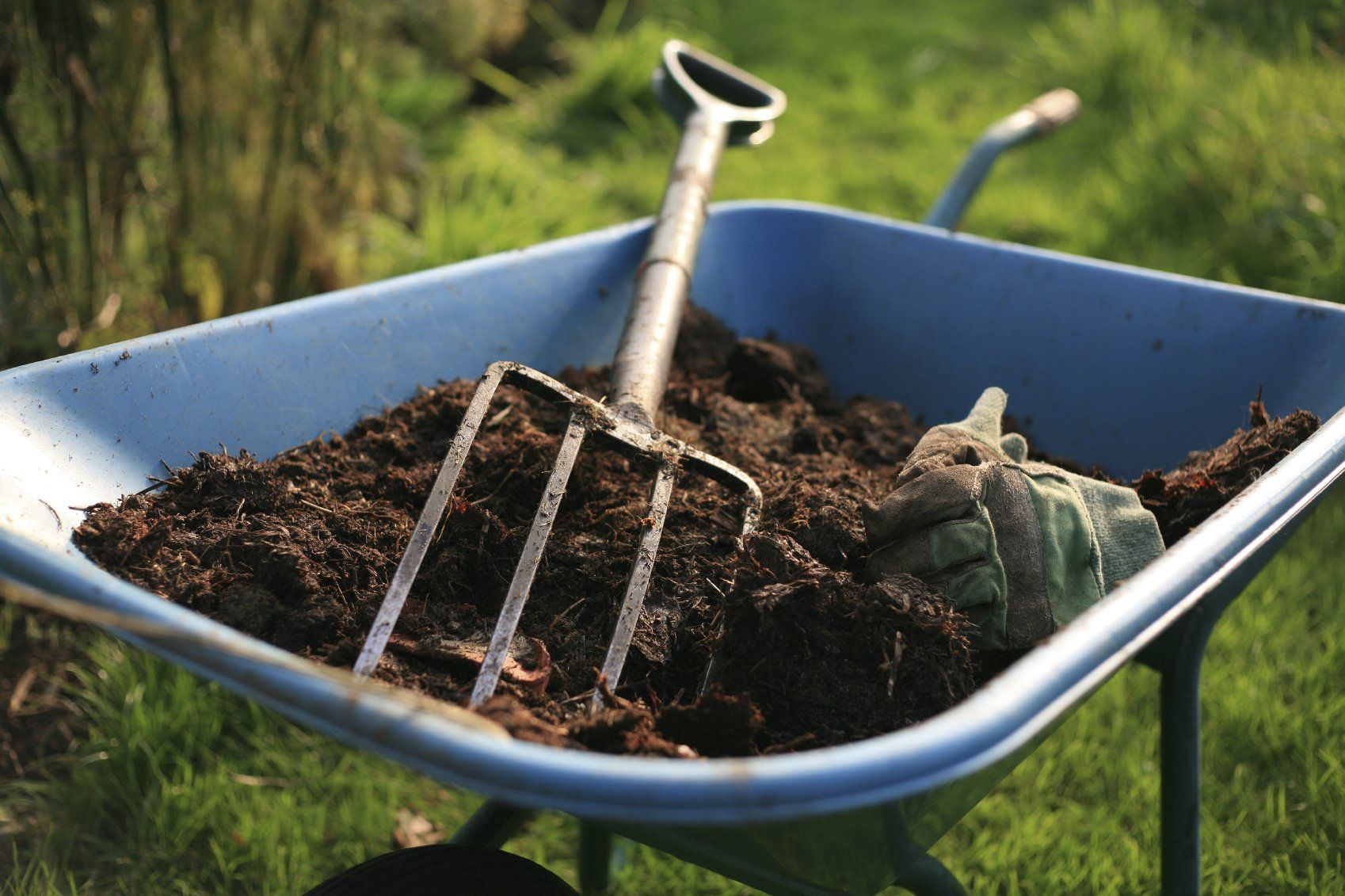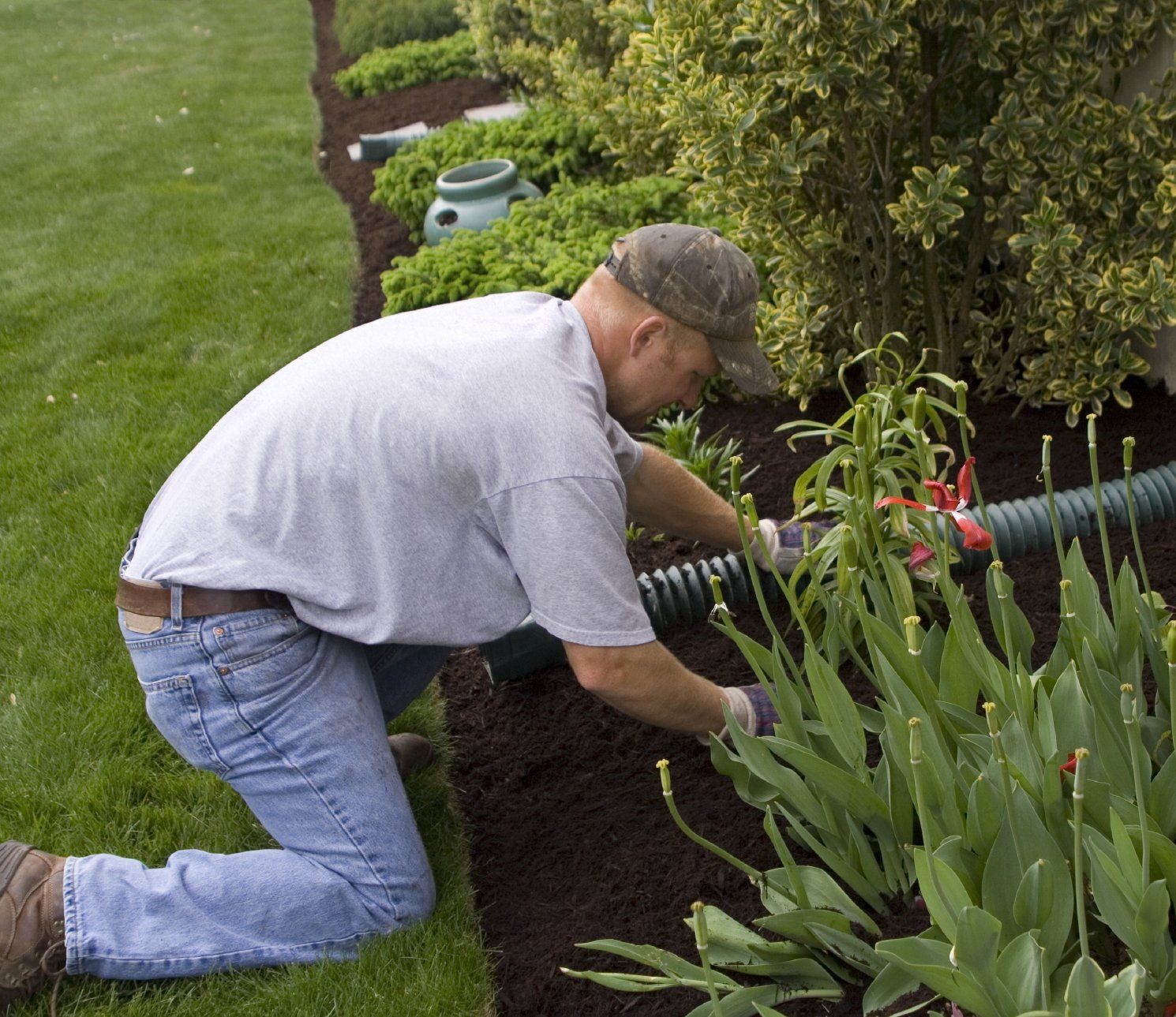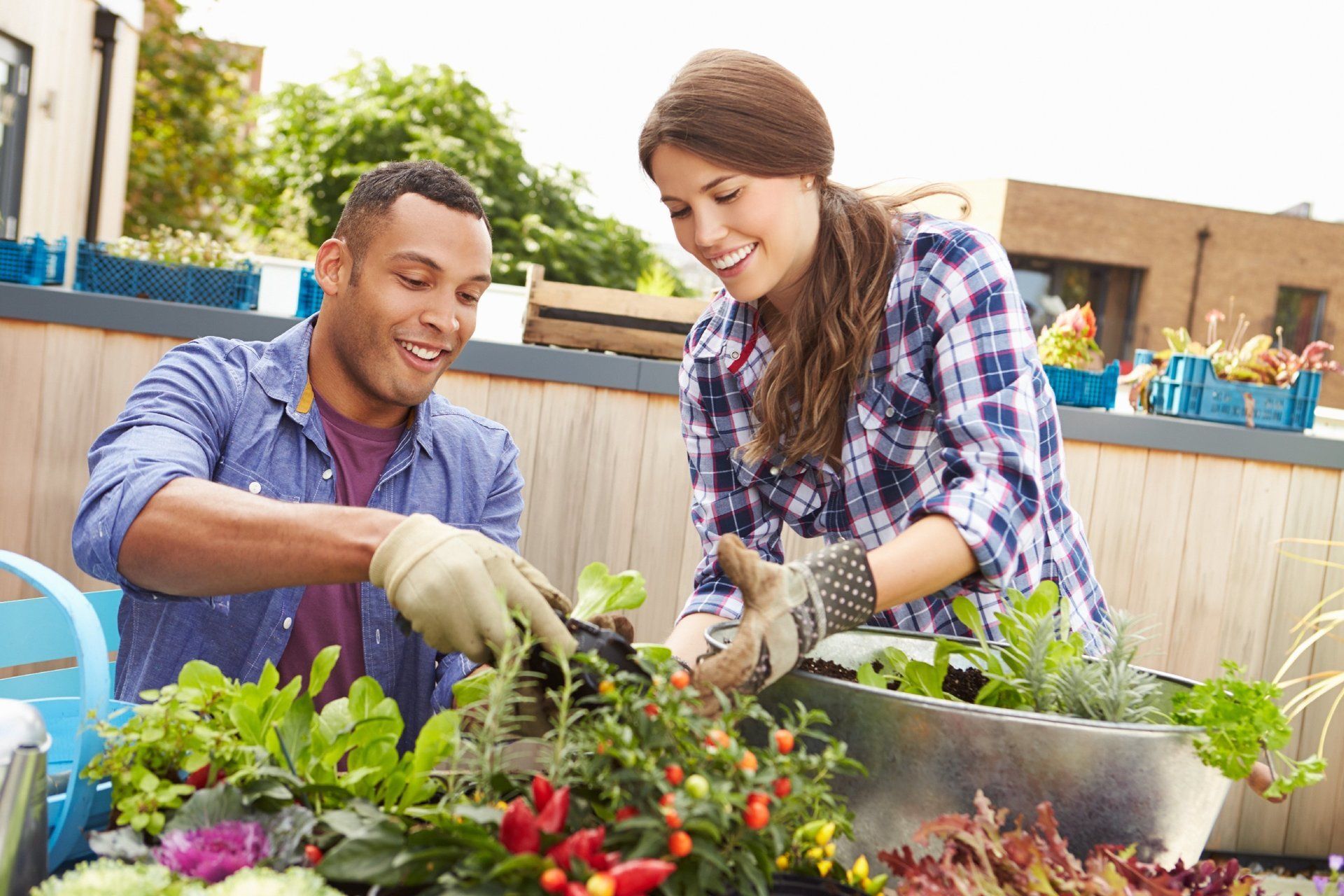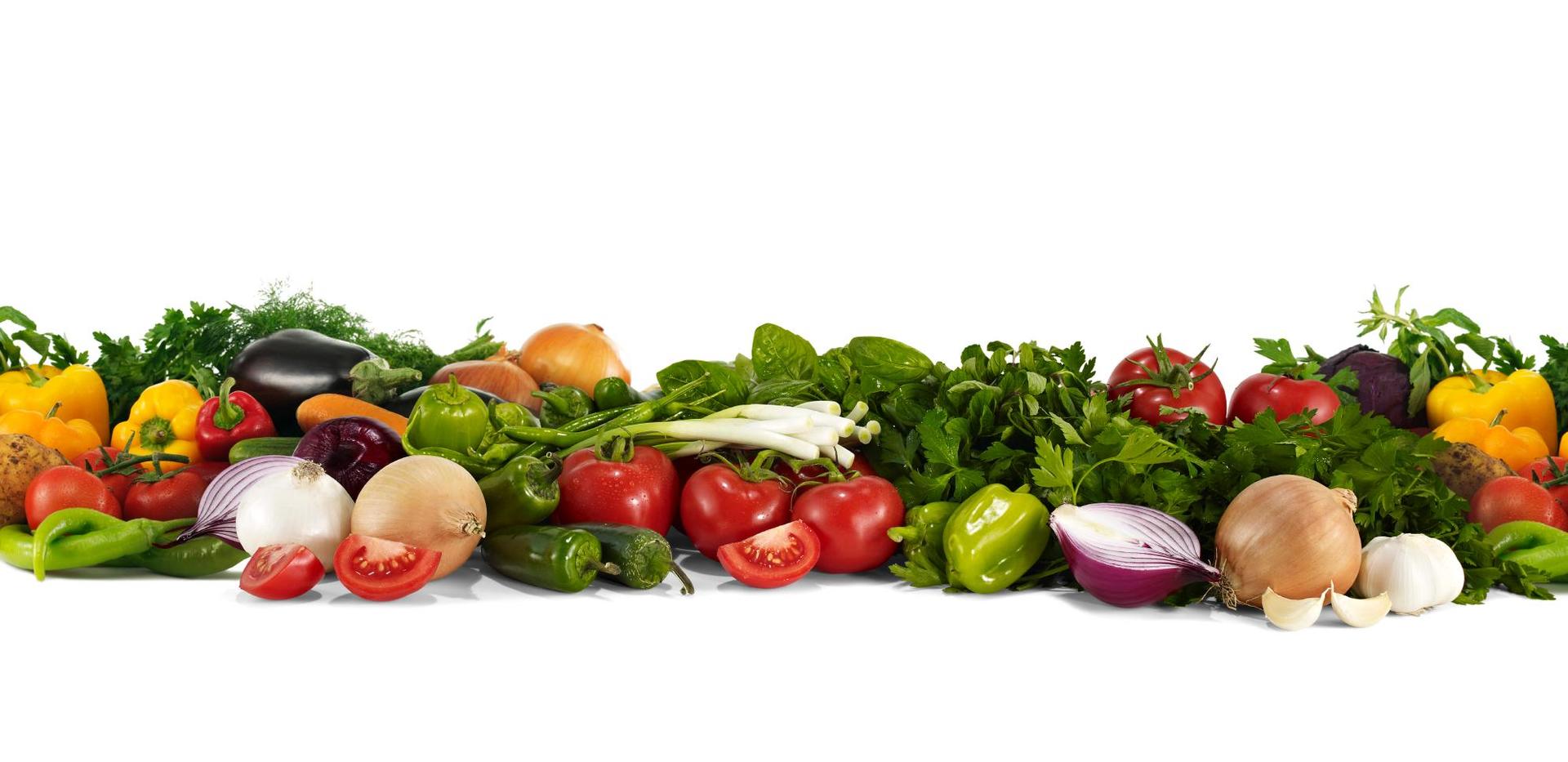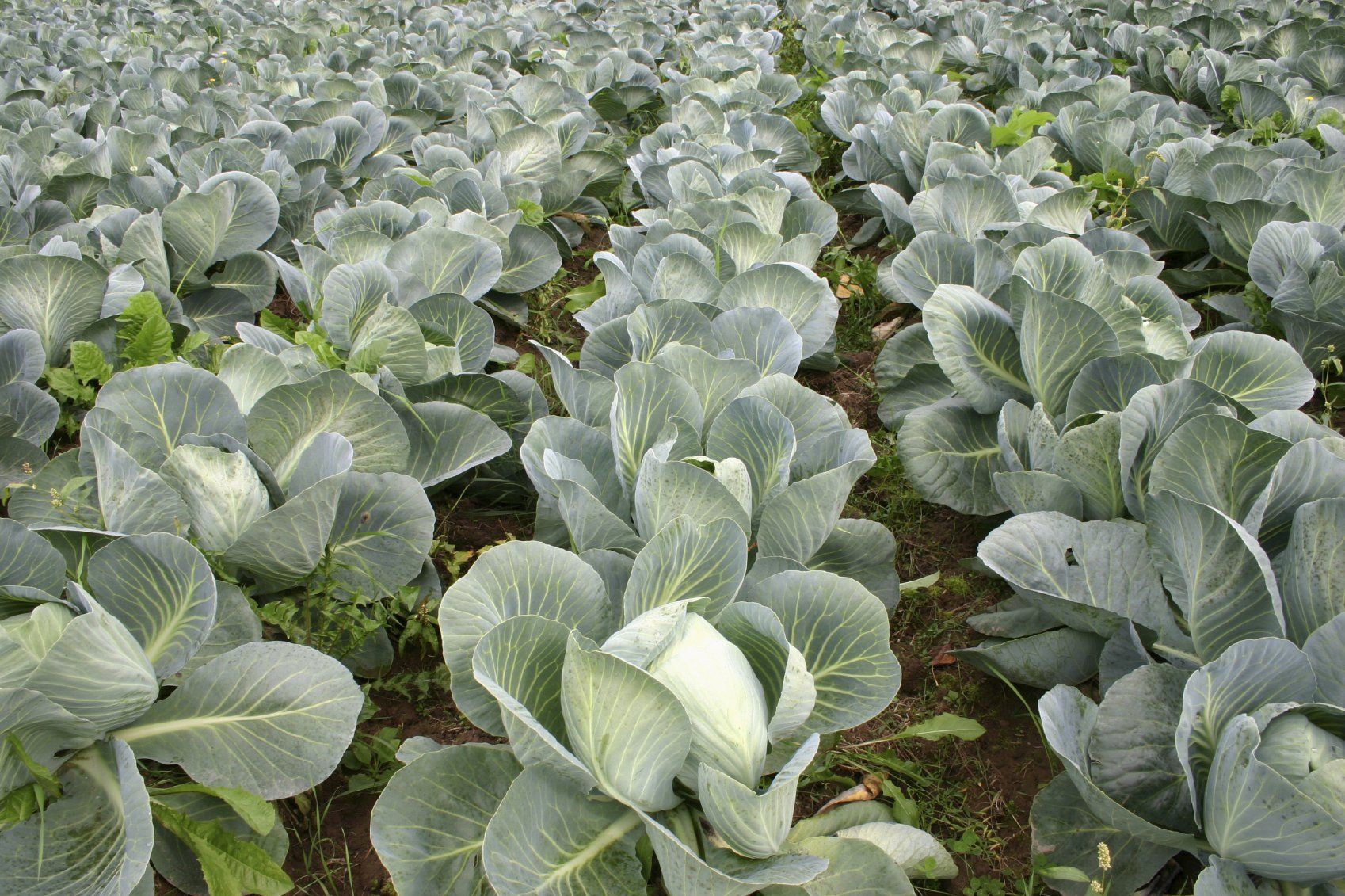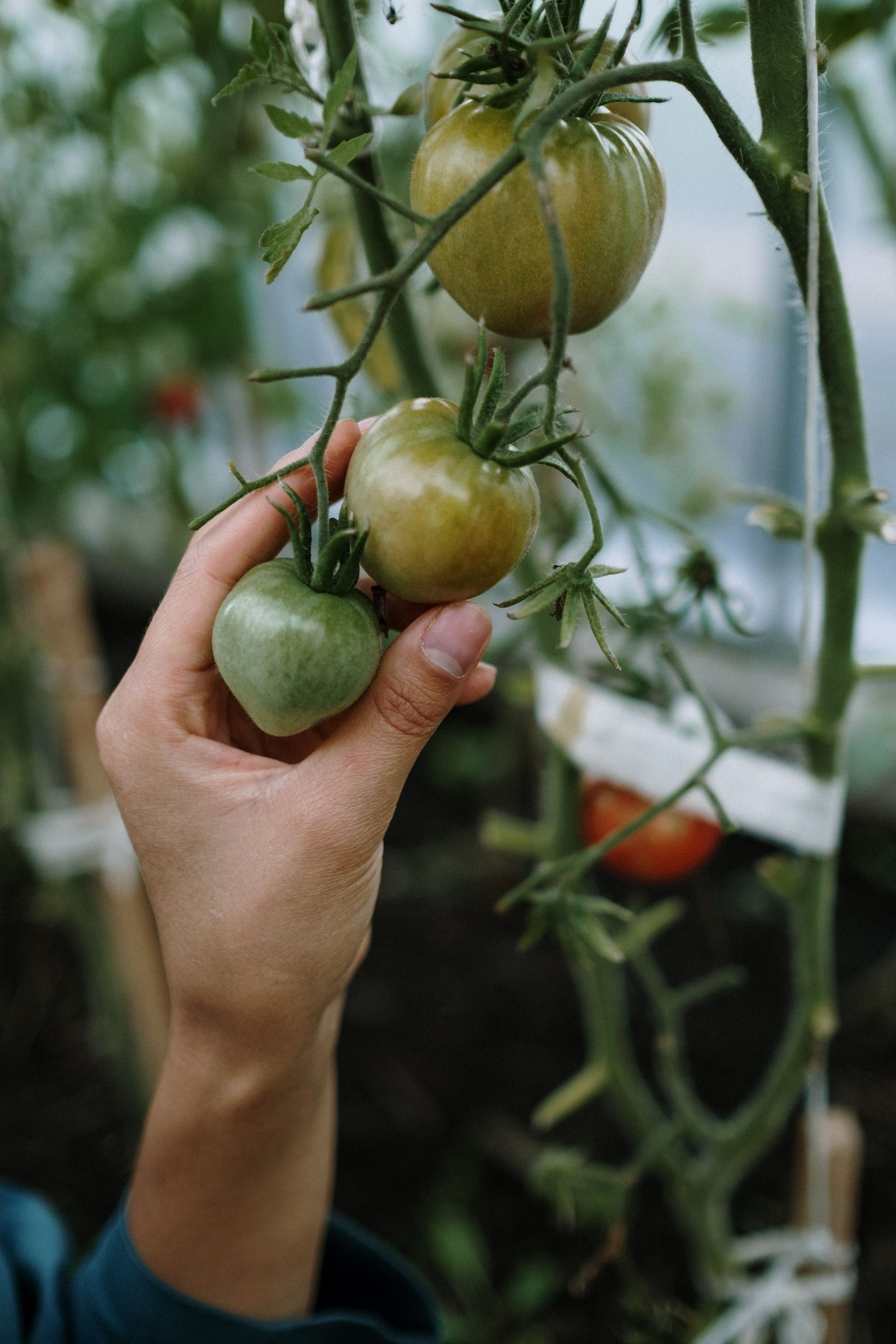Commit to Lifelong Learning
"perpetuam uitae doctrina!"
"Live as if you were to die tomorrow.
Learn as if you were to live forever." Mahatma Gandhi.

Gardening as a Hobby.
Enrich Your Life! We are here to point you in the right direction and cheer you on.
Include the hobby of gardening in your lifelong-learning toolbox.
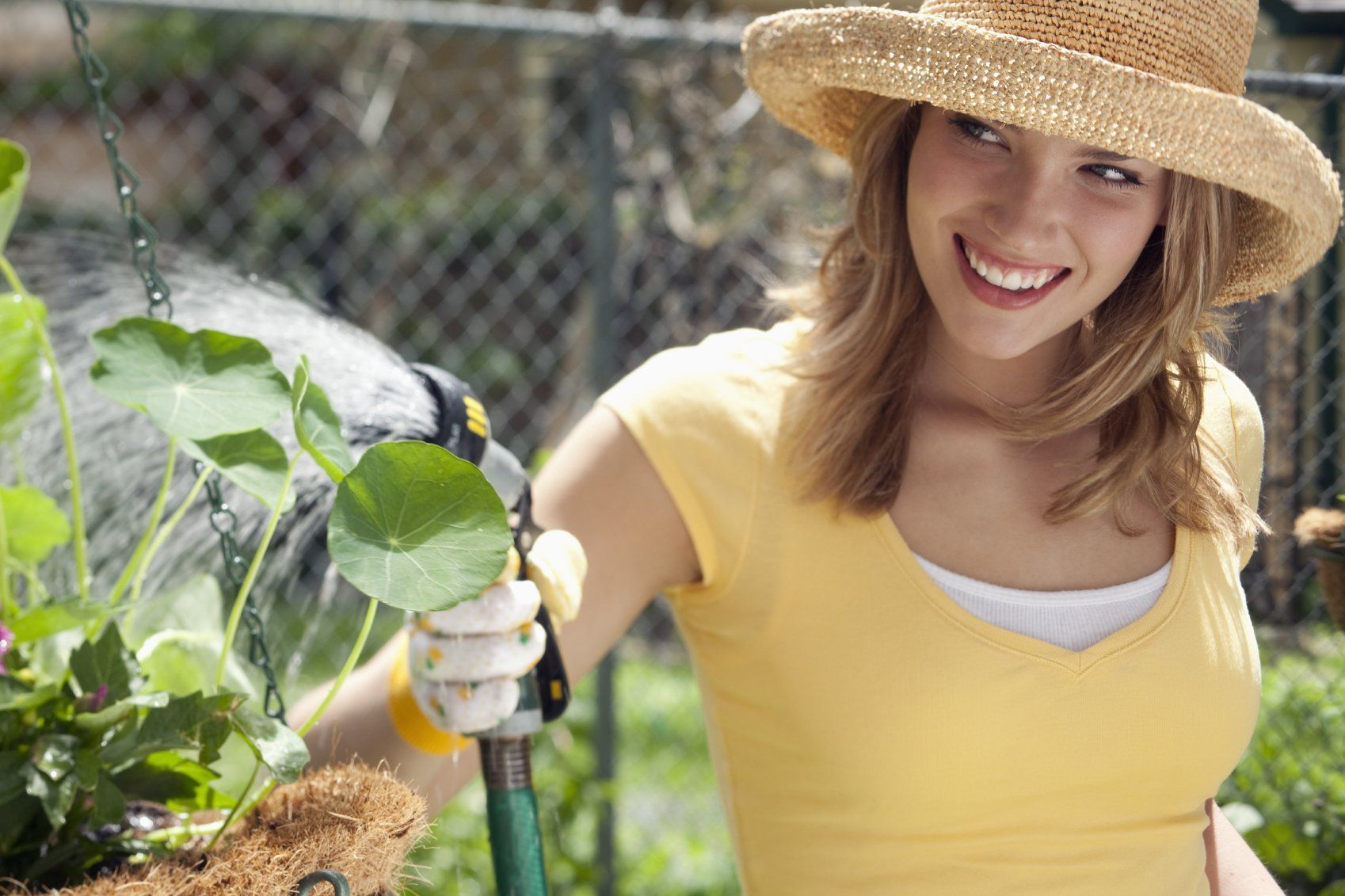
Gardening is a great group or individual hobby. It can involve anything from planting a small garden of vegetables to tending to a full-scale flower garden.
With gardening, you can cultivate not just plants, but a sense of self-satisfaction and accomplishment. You can either find pleasure in completing the task by yourself or team up with friends and family to enjoy the experience together.
Gardening requires a lot of patience since you will have to wait for the fruits of your labor before you get to enjoy them. In the meantime, you can sit back and admire the beauty of nature around you or use your creative side to come up with different designs for your garden.
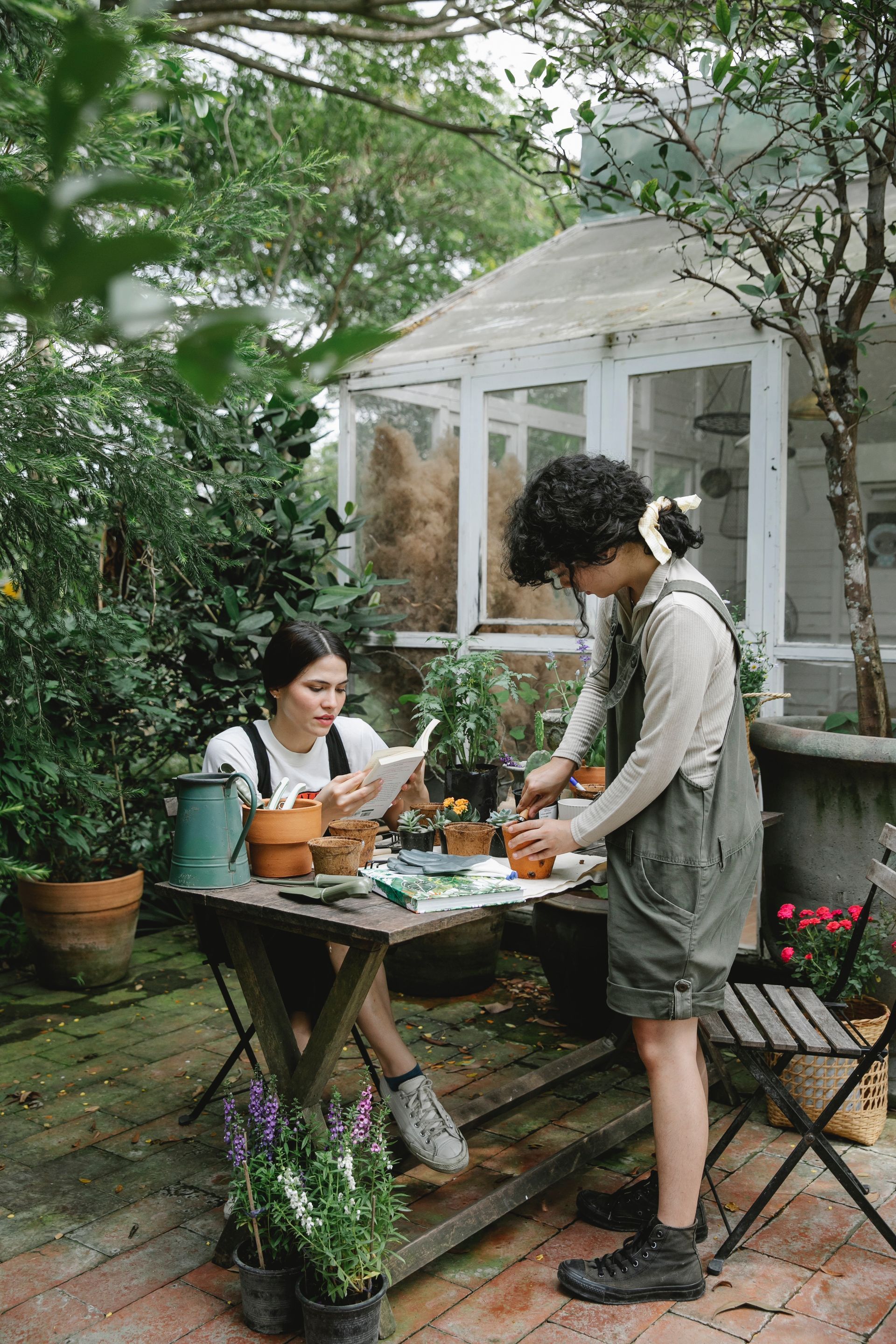
Gardening offers so many benefits for both your physical and mental health. Studies have shown that people who participate in outdoor activities such as gardening have lower levels of stress and anxiety, as well as improved mood and cognitive functioning.
If you are looking for a hobby that is both rewarding and beneficial to your health, give gardening a try!
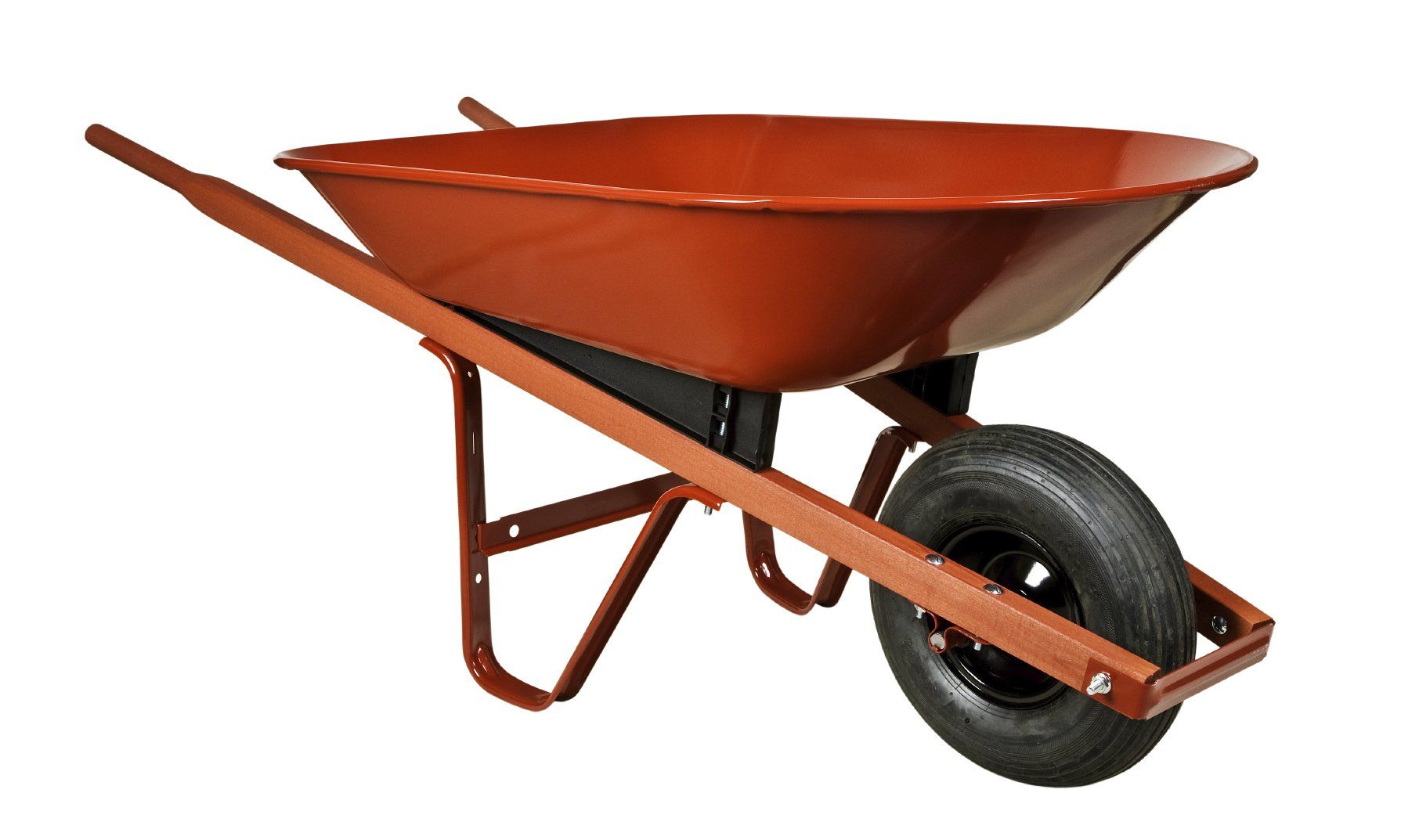
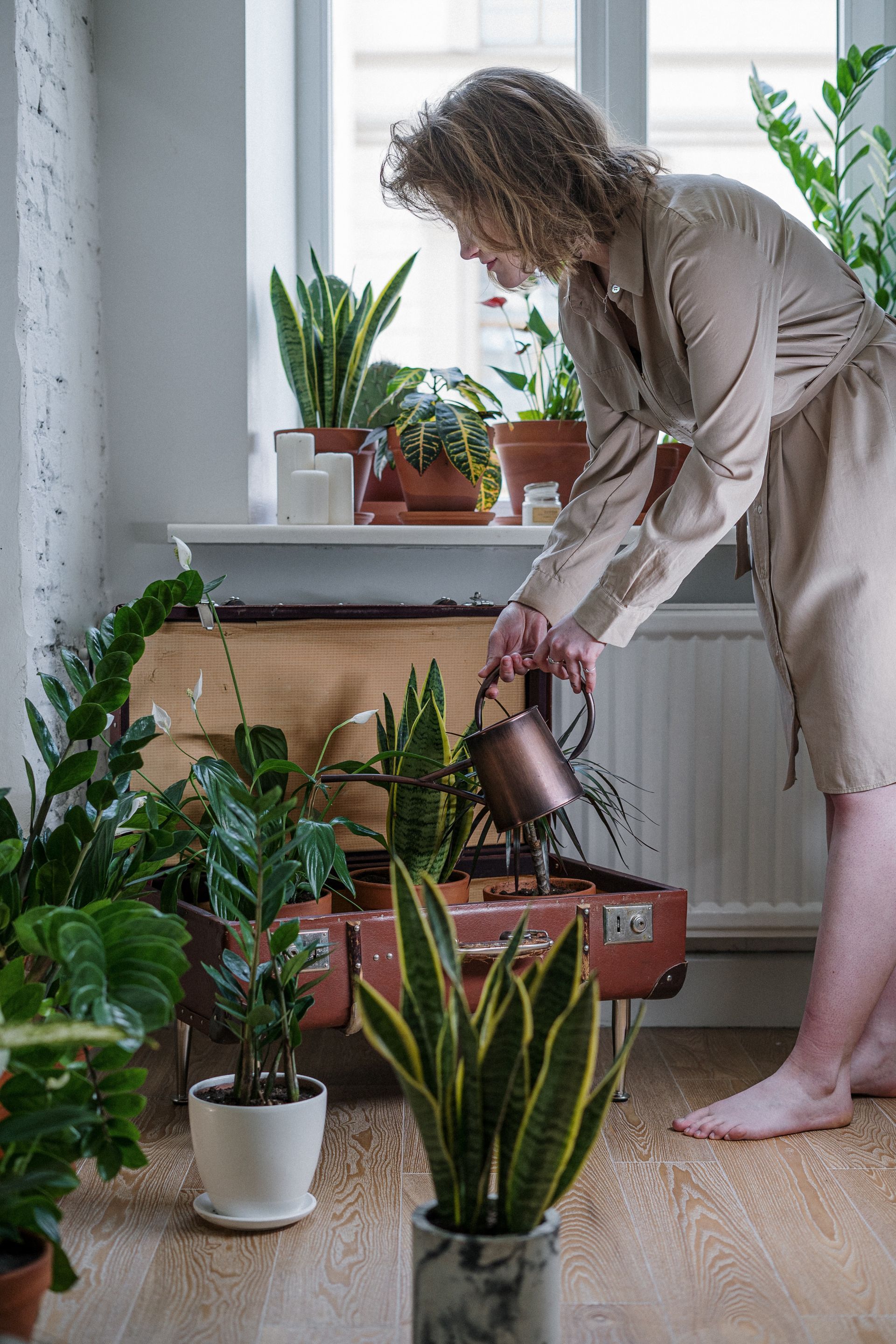
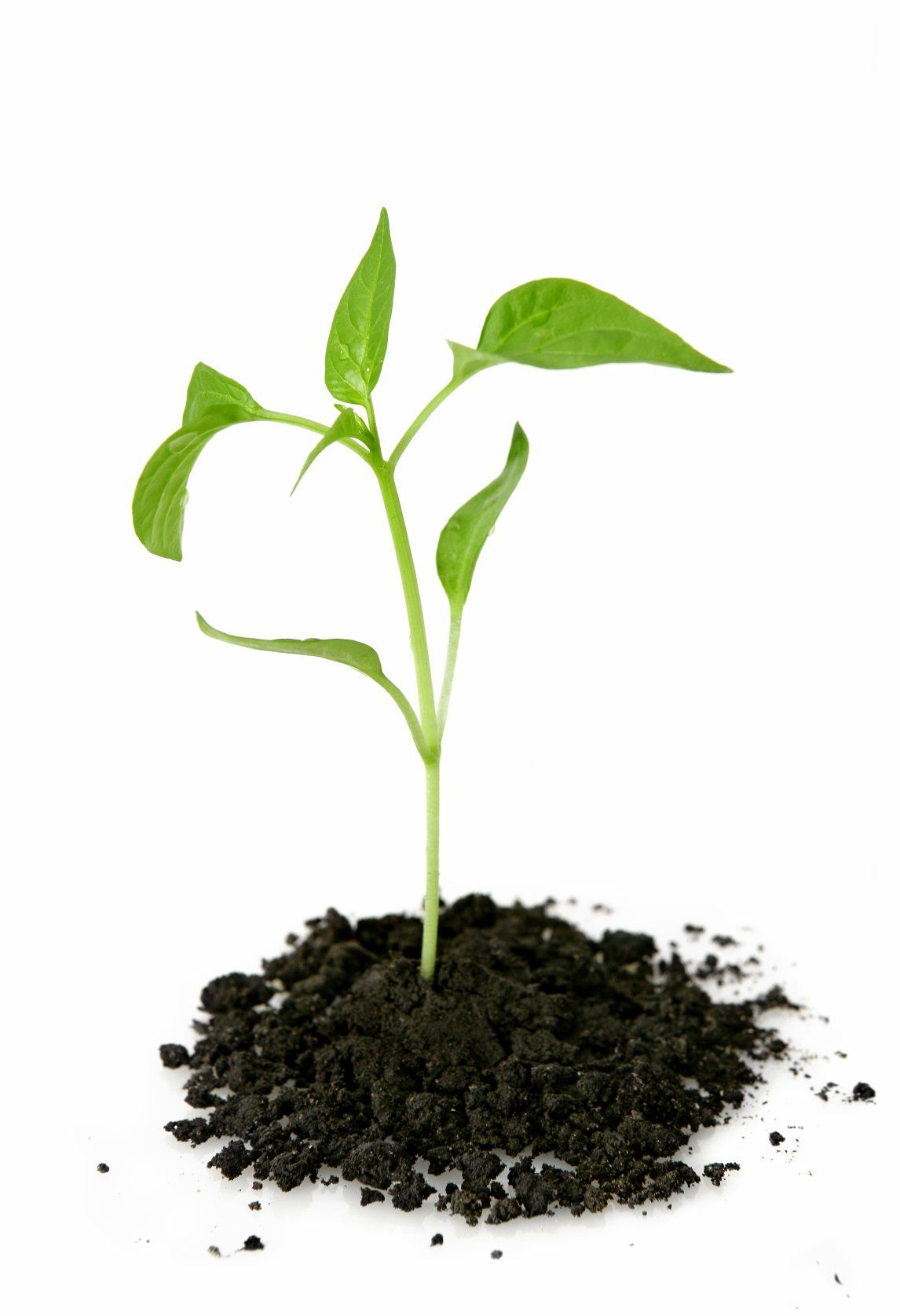

The Stress-Relieving Benefits of Taking Up Gardening as a Hobby
Gardening is a hobby that can bring a lot of stress relief. In addition to providing an outlet for creative expression, it also provides an opportunity to learn new skills. Working with plants and the soil can be a great way to get out into nature and appreciate the beauty of the outdoors. Gardening also provides a sense of accomplishment when you are able to reap the fruits of your labor.
In this article, we will discuss the stress-relieving benefits of taking up gardening as a hobby.
Table of Contents
A. The benefits of gardening as a hobby
B. Why gardening is the perfect hobby for stress relief
C. How to get started with gardening as a hobby
D. Necessary Tools for Beginning Gardeners
A. The benefits of gardening as a hobby
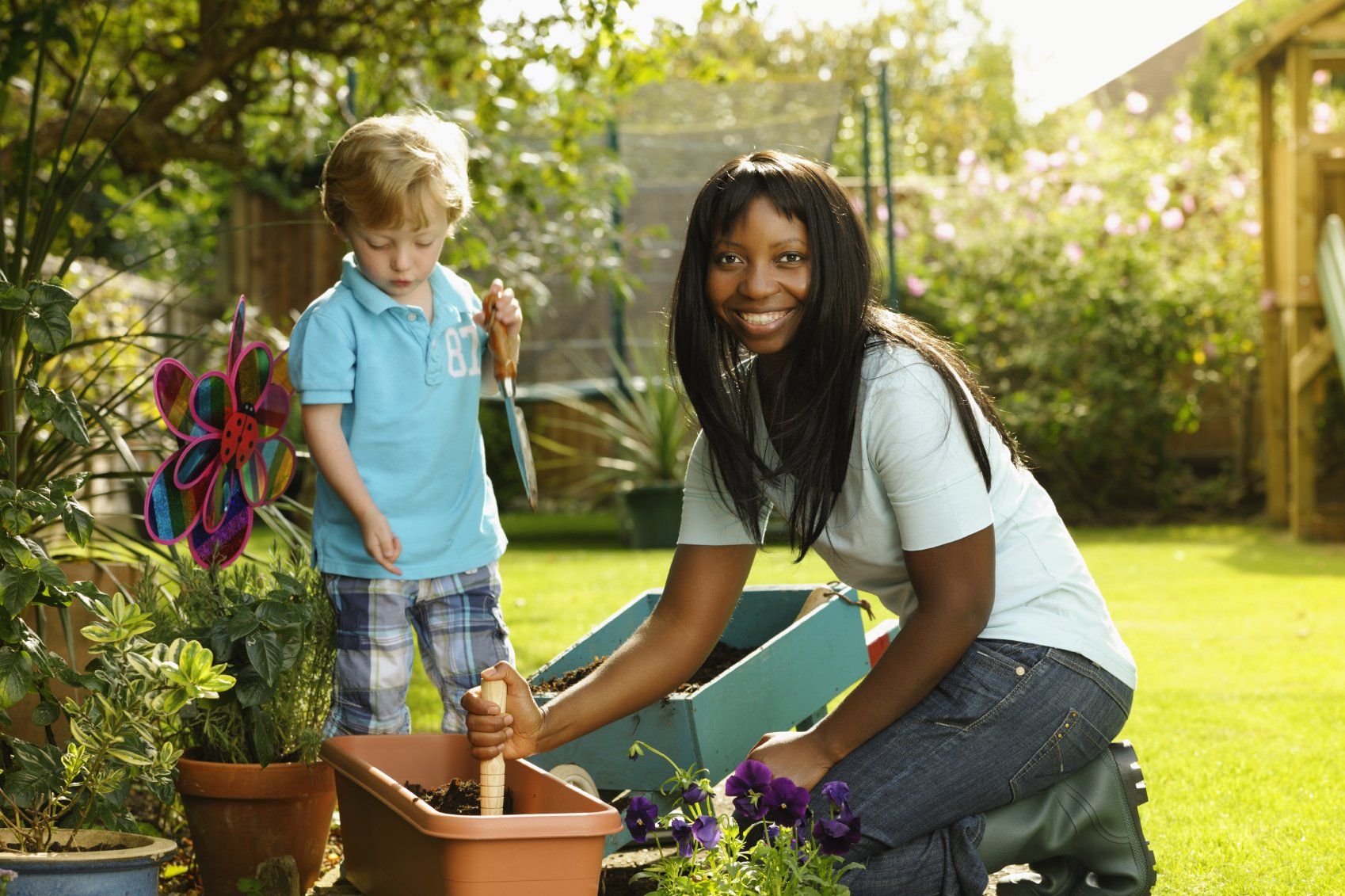
Gardening has been proven to be one of the best hobbies to help reduce stress and provide an overall feeling of well-being. In addition to being a great way to relax, gardening can also bring various health benefits.
Here are just some of the ways gardening can help improve your mental and physical health:
1. Develop a stronger heart:
Gardening can be a great form of exercise as it’s low-impact, yet still engaging for your heart.
As you work in the garden, you will get your heart rate up and increase your endurance which can help strengthen your heart over time.
2. Good for brain health:
Getting outdoors and enjoying nature is a great way to relax and clear your mind, allowing you to focus better.
It also helps reduce symptoms of depression and anxiety.
3. Lifts self-esteem:
Working in the garden and tending to your plants can help to boost your confidence and self-esteem.
Watching the plants grow and flourish, you will feel a sense of accomplishment and pride in what you have created.
4. Clean the air:
By growing plants and flowers, you can help reduce levels of pollution in the air around you.
Plants take in carbon dioxide and release oxygen which helps to improve air quality.
5. Gardening elevates your mood:
There’s something special about being surrounded by nature that can give you an uplifting feeling.
Gardening is perfect for this as it allows you to enjoy the beauty of the environment while tending to the plants.
6. Gardening burns calories:
While it may not seem like an intense workout, gardening can still help you burn calories as you move around the garden. Moving large pots, pulling weeds, and other activities will all contribute to calorie burning.
7. Gardening improves physical strength:
As well as burning calories, gardening also involves physical strength which can help improve overall muscle tone.
Digging in the soil and carrying heavy pots are all great ways to increase strength and endurance.
8. Gardening promotes healthier eating:
Planting your fruits and vegetables is a great way to encourage healthier eating habits.
You will have access to fresh, organic produce without having to rely on store-bought products which are often laden with chemicals and preservatives.
B. Why gardening is the perfect hobby for stress relief
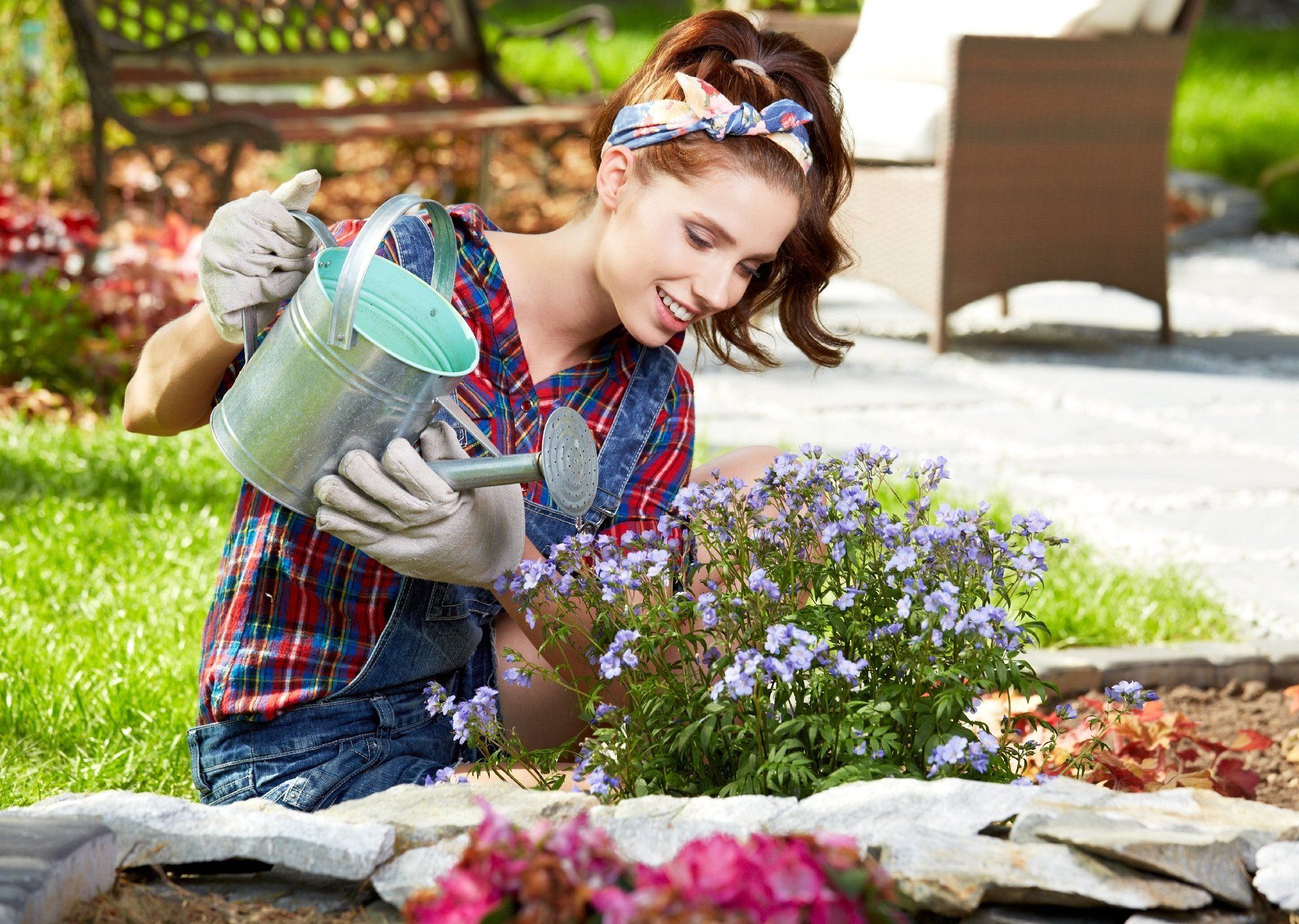
Gardening is the perfect hobby for stress relief for many reasons.
1). Firstly, gardening is a physical activity that burns calories and helps you stay in shape.
Even simple tasks such as weeding, watering plants, and digging can make for an intense workout.
2). Secondly, being outdoors in nature is known to be calming and therapeutic.
The scent of flowers, the sound of birds chirping, and the sight of lush green foliage have been scientifically proven to reduce levels of stress and anxiety.
3). Thirdly, the process of watching something grow over time can provide a sense of satisfaction and accomplishment. When you care for a plant, it will reward you with vibrant colors, fresh aromas, and other signs of appreciation.
Gardening can also be a great way to connect with your community by sharing tips and tricks with other gardeners. So if you’re looking for a new hobby to help you relax, why not give gardening a try?
C. How to get started with gardening as a hobby
Gardening is a great hobby for anyone looking to relax and take a break from their everyday life. It can also be a great way to get exercise, as gardening burns calories, and it’s a great way to enjoy nature and spend time outdoors. Here are some tips for getting started with gardening:
1. Plan Your Garden:
Before you start digging, take some time to plan out your garden. Think about where you want to place different plants and what type of plants you want to grow. You may want to make a drawing or use a software program to design your dream garden.
2. Choose Appropriate Plants:
When choosing plants, select ones that are appropriate for the amount of sunlight they will receive and the type of soil they will be in. Consider the amount of water they will need, as well as how much maintenance they will require.
3. Shop Around:
Visit local nurseries and garden centers to find the right plants for your garden.
Online stores can also be great sources for finding unique plants or hard-to-find varieties.
4. Prepare the Soil:
To ensure that your plants thrive, it’s important to prepare the soil beforehand.
Work the soil with a shovel or spade, breaking up any clumps and removing any large rocks.
If your soil is too clay-like or sandy, add in some compost or other organic matter to help improve its structure and provide more nutrients for the plants.
5. Plant Your Plants:
Now that you’ve chosen your plants and prepared the soil, it’s time to plant them in their new home!
Ensure that each plant is planted at the right depth and watered properly after planting.
6. Take Care of Your Garden:
Gardening isn’t just about planting; it’s also about taking care of your plants once they’re in the ground.
Monitor your plants for any signs of disease or pest infestations and make sure that they’re getting enough water and nutrients to stay healthy. With some care and attention, you can have a thriving garden in no time!
Get some additional home gardening tips here: ==>> "Home Gardening Tips for Beginners"
D. Necessary Tools for Beginning Gardeners
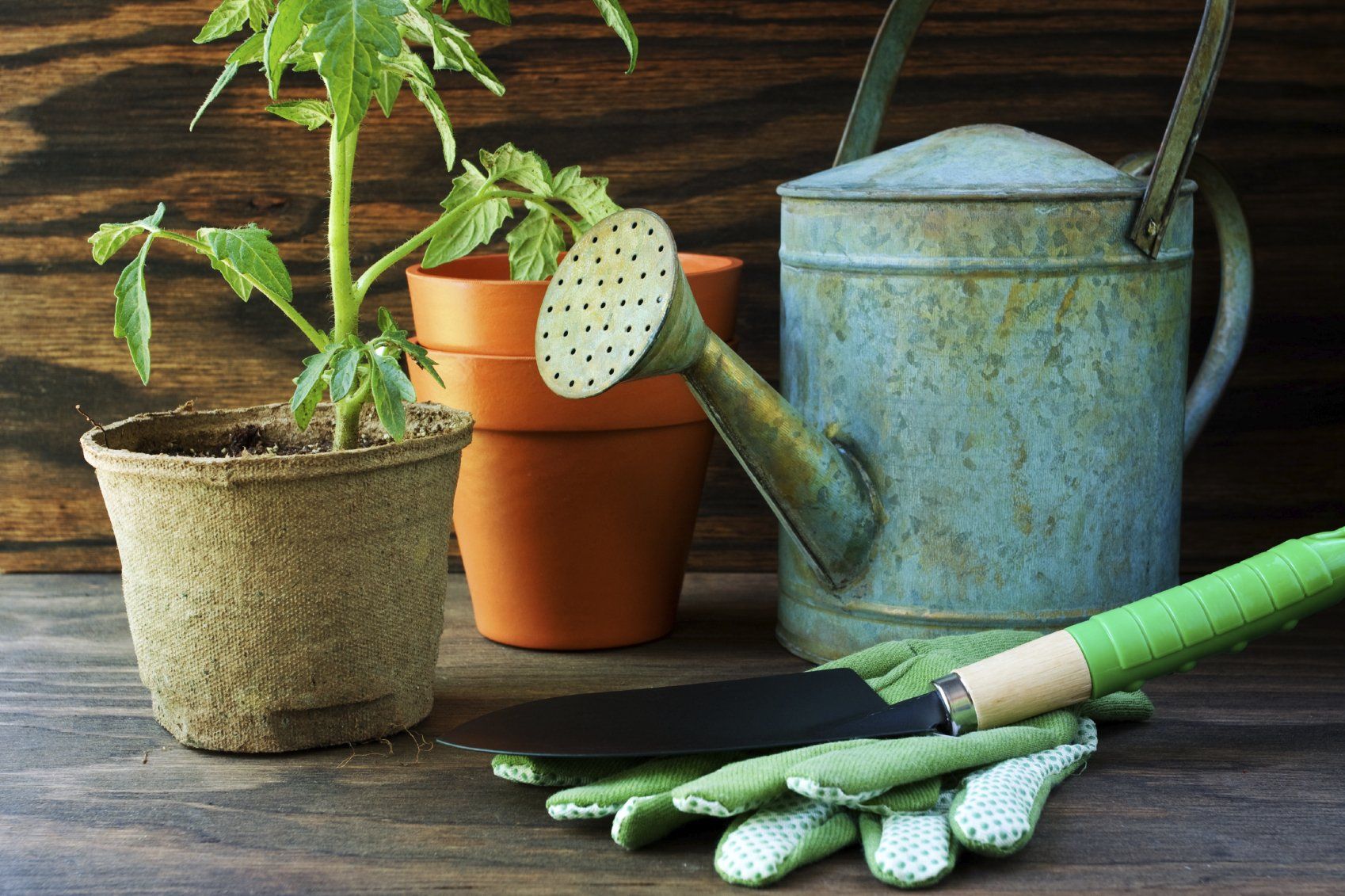
1. Garden Gloves: These protect your hands from dirt, thorns, and blisters while gardening.
2. Hand Trowel: A small handheld shovel used for digging small holes, transplanting, and weeding.
3. Garden Rake: A tool with sturdy tines for leveling soil, removing debris, and preparing seedbeds.
4. Pruning Shears: Also known as secateurs, they are used for cutting branches, stems, and dead growth on plants.
5. Garden Hoe: For weeding, cultivating soil, and creating furrows for planting.
6. Watering Can or Hose: To provide your plants with the necessary water.
7. Wheelbarrow or Garden Cart: Used to transport soil, compost, plants, and other heavy materials around the garden.
8. Garden Fork: A digging tool with strong, pointed tines for turning and aerating soil.
9. Garden Spade: A larger digging tool for creating planting holes, edging, and turning soil.
10. Garden Pruner (Loppers): These are larger pruning tools for cutting thicker branches and shrubs.
11. Garden Knife: Handy for cutting twine, opening bags, and various garden tasks.
12. Garden Twine or Plant Ties: Used for staking plants and securing them to supports.
13. Garden Scissors: Smaller and more precise than shears, ideal for deadheading and fine trimming.
14. Garden Kneeler or Pad: Provides cushioning and support for your knees while working close to the ground.
15. Seed Starting Trays and Pots: For starting seeds indoors or in a greenhouse.
16. Soil Test Kit: To check soil pH and nutrient levels for proper plant health.
17. Compost Bin or Pile: Essential for recycling organic matter into nutrient-rich compost.
18. Garden Pruning Saw: Used for cutting thicker branches and tree limbs.
19. Weeding Tool: Such as a weeder or dandelion digger for removing weeds with deep roots.
20. Mulch: Organic or inorganic materials to help conserve moisture and suppress weeds.
21. Garden Sprayer: For applying pesticides, fertilizers, or organic solutions to plants.
22. Garden Clogs or Boots: Keep your feet dry and protected while working in wet or muddy conditions.
23. Sun Hat and Sunscreen: Protect yourself from the sun's harmful rays.
24. Garden Apron: Handy for keeping tools and supplies within easy reach.
25. Plant Labels and Marker: Keep track of plant varieties and planting dates.
26. Garden Tool Storage: Organize your tools with a shed, rack, or tool belt.
27. Pest Control Supplies: Such as traps, barriers, and organic pest control products.
28. Garden Pruning Gloves: Reinforced gloves for protection when pruning thorny plants.
29. Garden Sprinkler or Drip Irrigation System: For efficient and consistent watering.
These tools and equipment should help you start and maintain a successful home garden.
As you gain experience, you may discover additional tools that suit your gardening needs.

